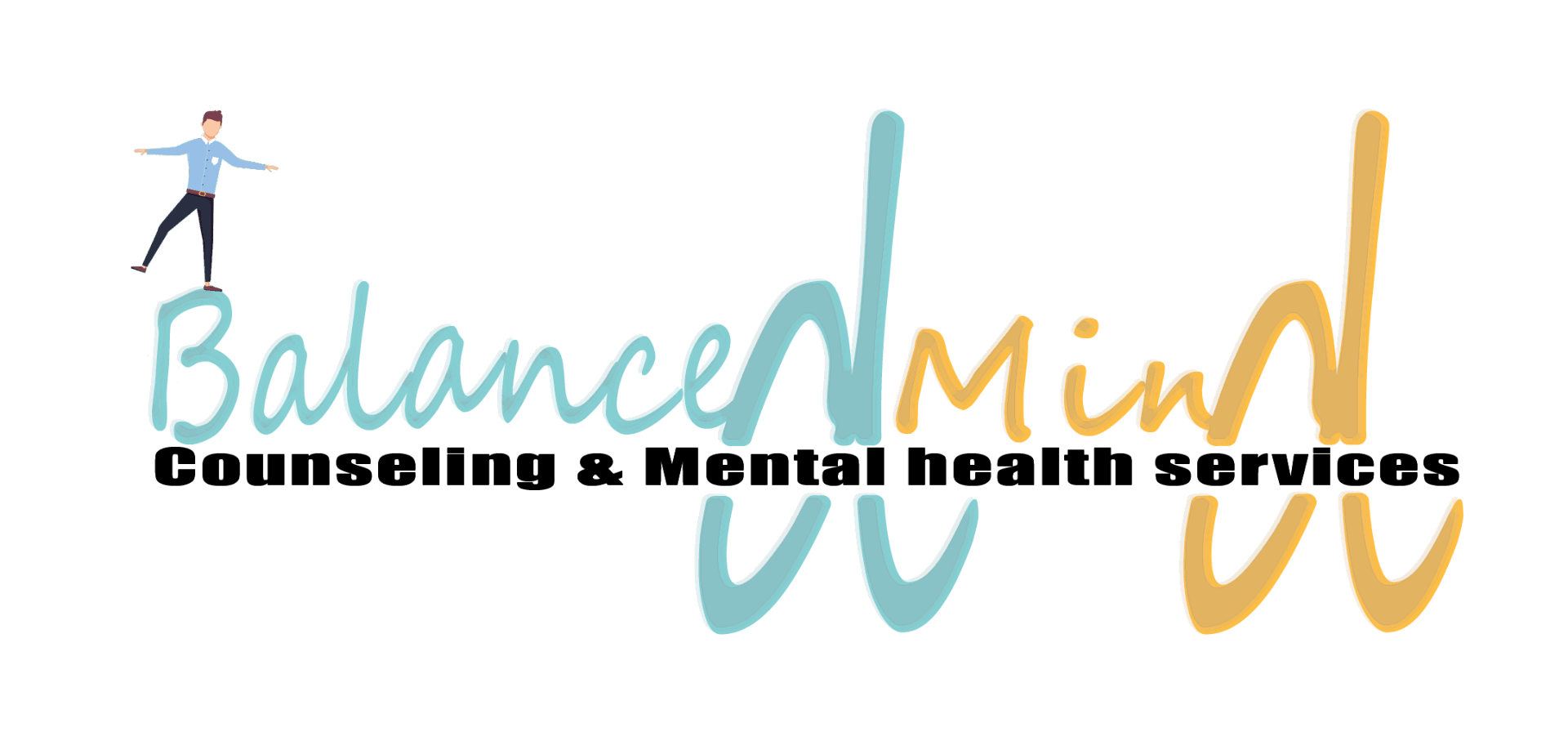Treatment Plan for a Client with Depression

Comprehensive Approach to Managing Depressive Symptoms
Introduction
Depression is a multifaceted mental health condition affecting millions worldwide, characterized by persistent feelings of sadness, hopelessness, and a loss of interest or pleasure in most activities. The effective treatment of depression requires a tailored, compassionate, and holistic approach, addressing biological, psychological, and social factors. This treatment plan outlines evidence-based strategies to help a client manage and overcome depressive symptoms, improve functioning, and enhance overall well-being.
Assessment and Diagnosis
Before initiating treatment, a thorough assessment is vital. This includes:
Clinical Interview: Gathering detailed history regarding mood, behavior, sleep, appetite, energy levels, social functioning, and past psychiatric history.
Standardized Screening Tools: Utilizing self-report questionnaires such as the Patient Health Questionnaire (PHQ-9), Beck Depression Inventory (BDI), or Hamilton Depression Rating Scale (HDRS).
Risk Assessment: Evaluating suicidal ideation, self-harm behaviors, or risk to self/others. Immediate intervention may be required in cases of acute risk.
Medical Evaluation: Considering potential physical causes, such as thyroid disorders, vitamin deficiencies, or medication effects.
Functional Assessment: Determining impact on work, relationships, and daily activities.
Treatment Goals
Treatment goals should be collaboratively developed with the client, taking into account their individual values and preferences. Typical goals include:
Reduction or remission of depressive symptoms
Prevention of relapse and recurrence
Restoration of social, occupational, and interpersonal functioning
Improvement in overall quality of life
Development of healthy coping skills
Therapeutic Interventions
Effective management of depression often involves a combination of the following modalities:
1. Psychotherapy
Psychotherapy is a cornerstone in the treatment of depression. Evidence-based approaches include:
Cognitive Behavioral Therapy (CBT): Focuses on identifying and challenging negative thought patterns and behaviors, teaching clients to develop healthier cognitive strategies. CBT typically involves weekly sessions for 12-20 weeks.
Interpersonal Therapy (IPT): Addresses issues in relationships, social roles, and transitions that contribute to depressive symptoms.
Behavioral Activation: Encourages the client to engage in activities that promote pleasure, achievement, and social connection, counteracting the tendency to withdraw.
Mindfulness-Based Cognitive Therapy (MBCT): Combines mindfulness practices with cognitive strategies to help clients become more aware of their thoughts and reduce rumination.
Dialectical Behavior Therapy (DBT): Useful for clients with emotional regulation difficulties and co-occurring issues like self-harm or borderline personality traits.
Supportive Therapy: Provides emotional support, validation, and encouragement.
2. Pharmacotherapy
Medication may be indicated for moderate to severe depression, or when psychotherapy alone is insufficient.
Selective Serotonin Reuptake Inhibitors (SSRIs): Such as sertraline, fluoxetine, and citalopram.
Serotonin-Norepinephrine Reuptake Inhibitors (SNRIs): Such as venlafaxine and duloxetine.
Atypical Antidepressants: Bupropion, mirtazapine, etc.
Tricyclic Antidepressants (TCAs): Prescribed less frequently due to side effects.
Medication Monitoring: Regular assessment of effectiveness, side effects, and adherence. Adjustments made based on response and tolerability.
It is essential to educate the client about possible side effects, expected onset of therapeutic benefits (usually 2-6 weeks), and the importance of adherence.
3. Lifestyle Modifications
Several lifestyle changes can support the management of depression:
Exercise: Regular physical activity, such as walking, swimming, or yoga, has been shown to improve mood and reduce depressive symptoms.
Sleep Hygiene: Establishing a regular sleep schedule, avoiding screens before bed, and creating a restful environment.
Nutrition: Eating a balanced diet rich in fruits, vegetables, whole grains, and lean proteins; avoiding excessive sugar, caffeine, and alcohol.
Stress Management: Incorporating relaxation techniques such as deep breathing, progressive muscle relaxation, or meditation.
Social Support: Encouraging connection with friends, family, or support groups.
4. Psychoeducation
Helping the client understand depression, its causes, treatment options, and coping strategies is crucial:
Education about the nature of depression, expected timeline for recovery, and signs of relapse
Information on stigma reduction and advocacy
